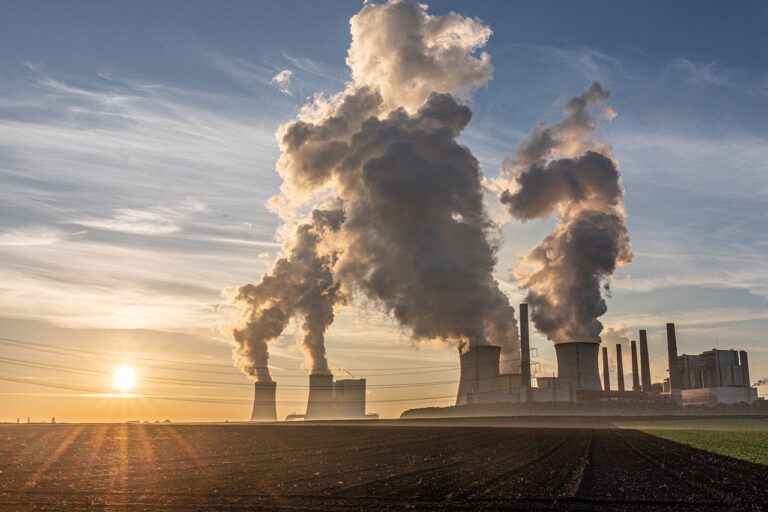According to the European Taxonomy on sustainable investments, gas and nuclear are green energy sources.
Stimulating private investment in sustainable forms of energy, outlining what role natural gas and nuclear power can play in the decarbonisation of the European energy sector. This is the aim of the second Complementary Climate Delegated Act on European taxonomy by the European Commission.
The text is the result of a long and not easy debate between the opposing positions of some member states. It defines which investments can be considered sustainable by the financial markets. The aim is to guide private investments towards activities that are necessary to achieve climate neutrality, a goal the EU has set for 2050.
Table of Contents
What is the European Taxonomy for green investments
The European Taxonomy is a classification system that establishes a list of environmentally sustainable economic activities. This, in order to provide member states and private companies with a clear and certain regulatory framework that can stimulate the massive investments needed to move towards a circular economy. This identifies green energy sources to invest in, and this would include gas and nuclear.
EU Taxonomy: the debate between member states on nuclear and gas as green investments
The text adopted by the Board of Commissioners states that, under certain conditions, natural gas and nuclear power can also be labelled as sustainable forms of energy. This compromise comes after a difficult mediation, in which opposing positions clashed.
On the one hand there were the opposing positions of Spain, Austria and Luxembourg. These countries opposed the inclusion of natural gas and nuclear energy among the green energy sources.
Opposed, however, was the position of other member states, such as France, which has special interests in nuclear power. Even Germany had presented a list of demands to relax the restrictions on natural gas. However, the country publicly disapproved the inclusion of nuclear power. A position not too far from that of Italy, which has strong interests in natural gas.
European Taxonomy act, nuclear and natural gas among sustainable investments
The Taxonomy act is a necessary mediation, according to the Commission, in order to align the European objectives on the fight against climate change. This however, with the reality of the facts: the transition will have to rely on huge private investments, because the governments of the member states are not able to put the 350 billion a year of necessary investments on the plate.
The adopted act sets clear and strict conditions under which certain nuclear and gas activities can be seen as transitional activities leading to the green transition. These conditions include:
- contributing to the transition to climate neutrality (applicable to both nuclear and natural gas);
- for nuclear activities, there is an obligation to meet nuclear and environmental safety requirements;
- contribute to the transition from coal to renewable energies (referring only to gas).
The act adopted by the Commission introduces specific disclosure requirements for companies in relation to their activities in the gas and nuclear energy sectors.
This, in order to counteract any form of greenwashing. This is a marketing strategy adopted by some companies that presents consumers with a sustainable, and untrue, image of the company’s activities.
For greater transparency, the Commission has also amended the Delegated Act on Tax Information. In this way, investors can identify which investment opportunities include gas or nuclear activities and make informed choices.
Next steps for the approval of the climate taxation delegated act
Despite the compromise reached, the process of the act is far from over. The text will now pass for review to the Union’s legislative bodies, i.e. the European Parliament and the Council. These two bodies will have four months (each institution may request an additional two months) to scrutinise the act.
Neither the Parliament nor the Council will be able to make changes, but will have to decide whether to accept or object to the Commission’s text. The Council will have the right to object by voting with an enhanced qualified majority, which means that at least 72% of the member state, representing at least 65% of the EU population are needed to reject the delegated act.
The European Parliament, on the other hand, will need at least 353 votes (i.e. 50% +1) to oppose the text. Once the scrutiny period is over and if none of the legislators object to the text, the act will enter into force on 1 January 2023.












